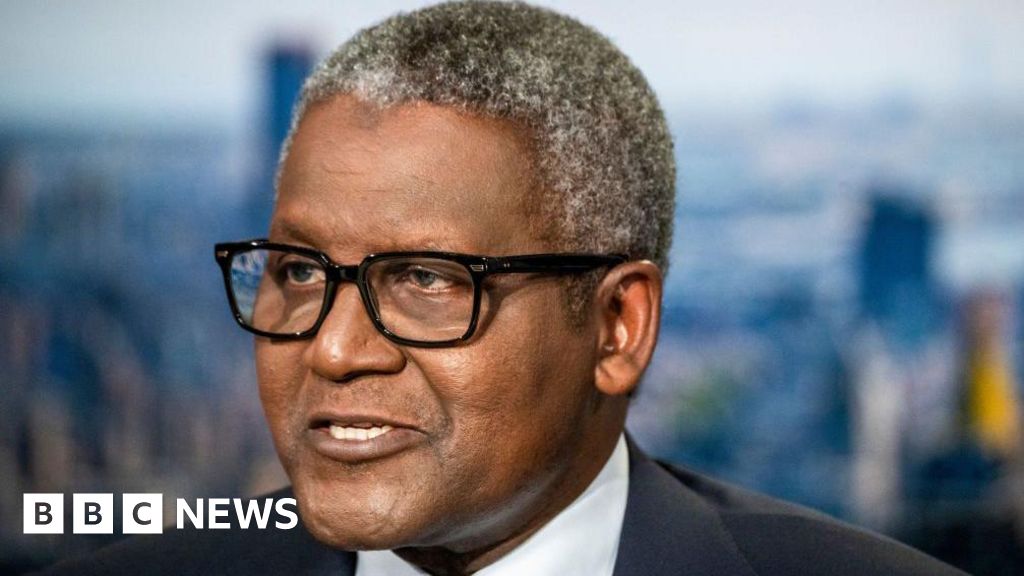Getty ImagesAliko Dangote built his wealth through investments in sugar and cement. His $20 billion state-of-the-art oil refinery in Nigeria has the potential to be a game-changer for the country’s economy. However, many Nigerians are skeptical and have two main concerns. Firstly, will petrol prices decrease? Unfortunately, this is unlikely unless there is a significant drop in international crude oil prices. Secondly, will the long queues for fuel, which have caused stress and frustration for many Nigerians, finally disappear? The answer to this question remains uncertain and may depend on the actions of what Dangote refers to as “the oil mafia”.
For decades, Nigeria’s downstream oil sector has been plagued by corruption and inefficiency, with shady deals and opaque practices being the norm. The country’s reliance on imported refined petroleum products, despite being a major oil producer, has cost the government billions of dollars in failed attempts to revive its outdated refineries. The lack of transparency and accountability in the sector has allowed a select few to profit immensely at the expense of the general population.
Dangote’s refinery, with its promise of competition and efficiency in the downstream sector, is seen as a step towards a more sustainable and profitable industry. However, challenges remain, including resistance from vested interests who stand to lose from the disruption caused by the new facility. The hope is that Dangote’s refinery will bring much-needed transparency and accountability to Nigeria’s oil sector, ultimately benefiting the country’s economy and its people.

